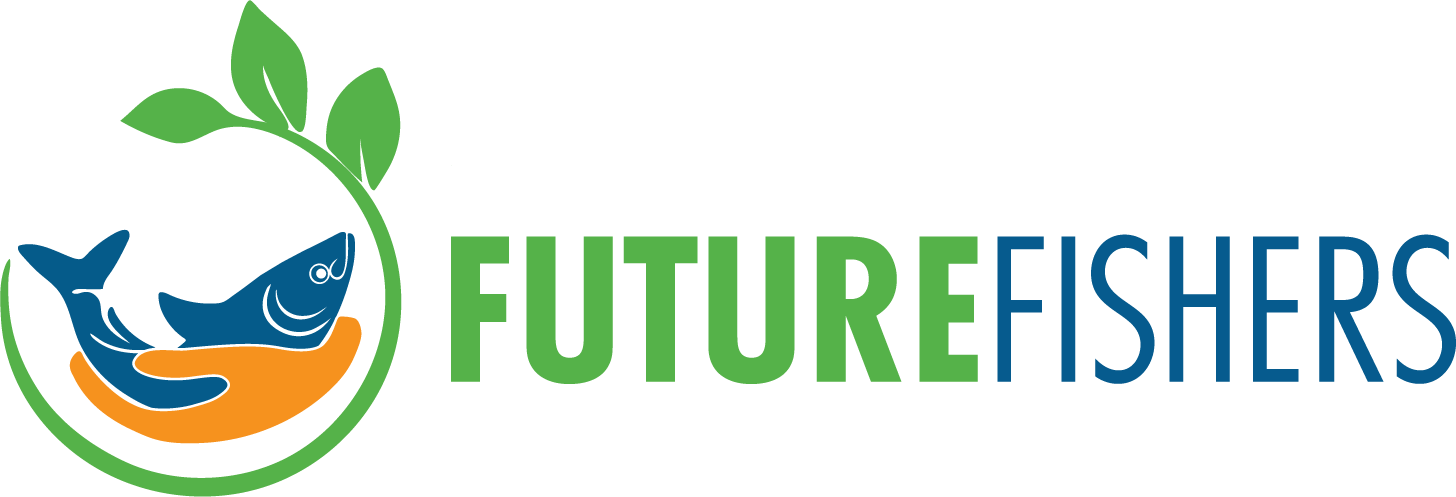Trinidad East Coast Fisheries Performance
Project
Project Summary
Coastal resources administrators are responsible for balancing resource conservation, protection, and sustainable use with their community’s need for food security, livelihood protection, and the fair use of resources. It is critical to recognize the close link between a community’s coastal resource use and the socioeconomic context of the area which have created the right environment for increased unsustainable resource use.
It is important for us to understand the benefits of developing, managing and measuring these indicators. These measures will allow stakeholders to use a figure for comparing different rural communities and the relative strengths of the indicators. Fishing communities can be ranked together using standardised and comparable criteria in an attempt to enable fair allocation of the resources to address problems. It is expected that these indicators will provide information about the economic, social, and environmental conditions of the communities and a starting point of a baseline data-set.
Problem Opportunity
Our view of the key issues in summary
Our project discovered 5 core problems affecting local fisheries: sector governance, fisheries management, social inclusion, the rising cost of fishing and the capacity of fisherfolk.
Sector Governance
Weak policy and legislation, Limited administration capacity & weak monitoring, Limited collaboration and information management
Fisheries Management
Unsustainable fishing practices, Illegal fishing, Seismic surveys, Invasive species, Habitat loss and destruction
Social Inclusion
Importance of fishing, Limited fisher engagement, Low fishers and consumers awareness, Under-involvement of women and youth, Impact of crime and external threats
Fishing Cost
Poor facility management, Limited access to cold storage and ice, Vendor control over fish price, Cost of equipment, Cost of fuel, Cost - climate events and crime
Fishers Capacity
Weak purpose and direction, Undefine role in facility management, Traditional role of the fishers, Access to credit
Core Indicators Groups
By measuring our results, we can influence the right actions for the changes required in the fisheries sector......
Project Outcomes
The indicators developed were used to create the strategic implementation areas. Given the state of the sector, the following were chosen as priority at this time.
Building Capacity
Enhance capacity of other civil society including fisherfolk organisations to improve the positive impact on coastal and marine resources by:
- Increasing awareness including climate planning
- Improving leadership
- Improving governance and self-management
- Building financial resilience
- Improving participation
- Increase social inclusion
Business Development
Enhanced the economic development within local communities by improve the coastal and marine resource business and business opportunities by:
- Improving livelihood opportunities
- Improving economic conditions
- Creating new and improved community enterprises
- Improving and strengthening access to markets
- Improving harvest and post-harvest business activities
- New fishery focus and expansion.
Coastal Conservation
Increase the use of good practices that prevents wastage or over exploitation of the natural resources by:
- Protected critical and important coastal and marine habitats
- Improved endangered species management
- Improve fishing practices and management
- Completed biodiversity assessment of the coastal and marine resources.




